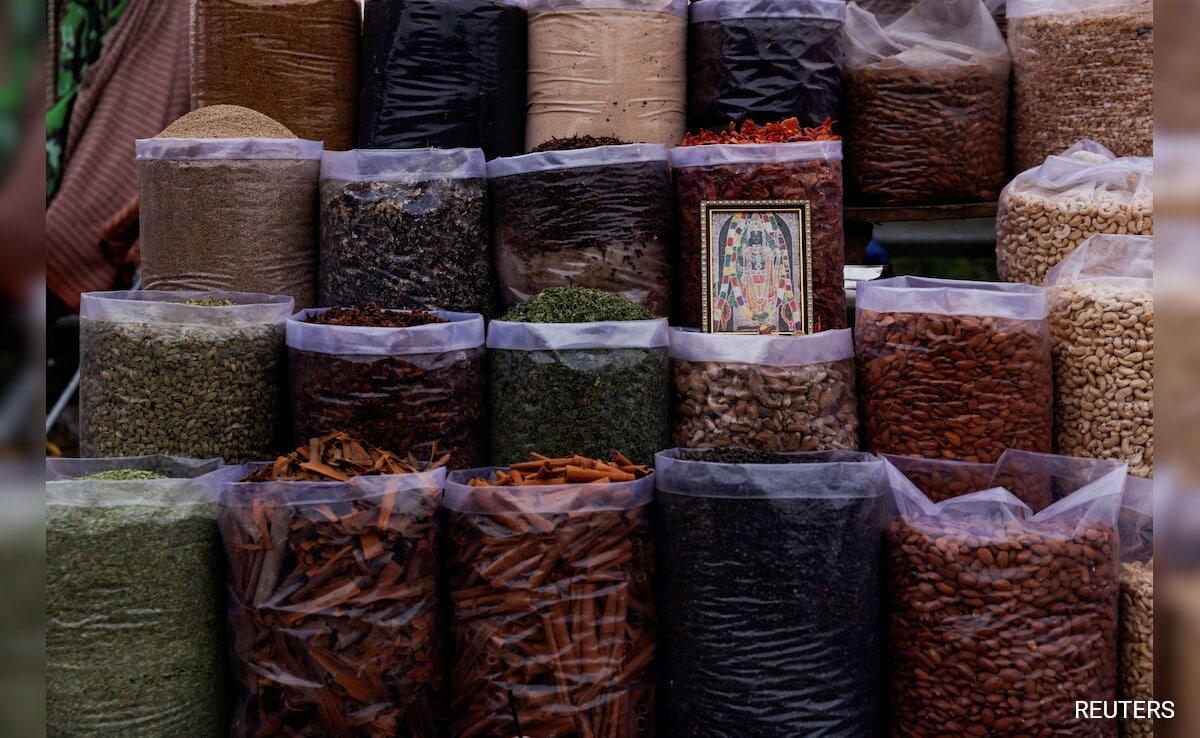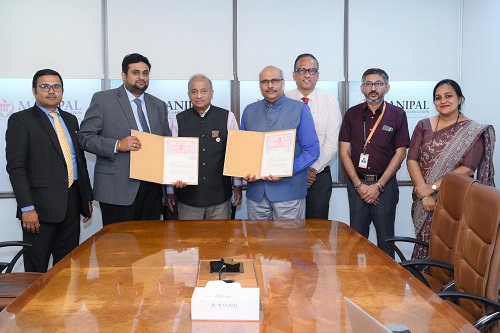Nearly 12% of tested spice samples failed to meet quality and safety standards, according to data obtained by Reuters of tests by Indian authorities after several countries took steps over contamination risks in two popular brands.
The Food Safety and Standards Authority of India conducted inspections, sampling and testing of mixed spice blends after Hong Kong suspended sales of some blends of the MDH and Everest brands in April over high levels of a pesticide.
Britain then tightened controls on all spice imports from India, while New Zealand, the United States and Australia have said they were looking into issues related to the brands.
MDH and Everest have said their products are safe for consumption. Their spices are among the most popular in India – the world’s biggest exporter, producer and consumer of spices. They are sold in Europe, Asia and North America.
The data, obtained by Reuters under India’s Right to Information Act, shows 474 of 4,054 samples tested between May and early July did not meet quality and safety parameters.
The safety agency told Reuters in a statement it did not have breakdowns by brands of the spices it tested but was taking necessary action against companies involved.
“Action on non-conforming samples has been taken as stipulated,” it said, referring to penalty provisions under Indian law, without elaborating.
Reuters open records request sought reports on all the samples that failed the tests, but the agency said such reports were unavailable.
India’s domestic spice market was valued at $10.44 billion in 2022, according to Zion Market Research. Its exports of spices and spice products were a record $4.46 billion in the fiscal year that ended in March.












